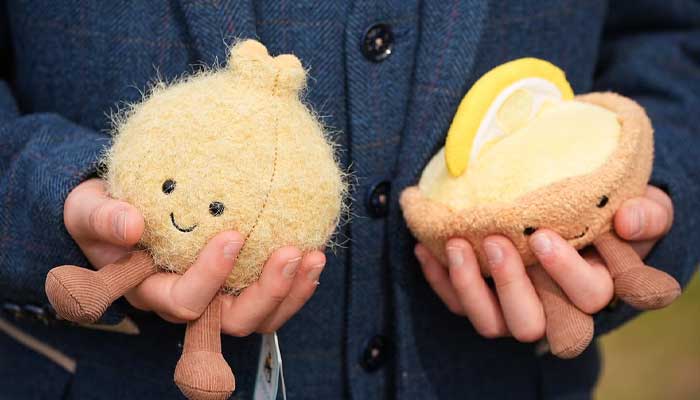
Jellycat, the fluffy soft toys, have become a target for thieves and criminal gangs after becoming a viral internet sensation with a notable price tag.
The buzz, which initially began during the COVID-19 pandemic, has led to a surge in demand and eventually a rise in shoplifting all over the UK.
Thieves are stealing the toys from stores and selling them online to collectors.
Bookshops all over the country are facing incidents of shoplifting that have left retailers thousands of pounds out of pocket.
The stealing makes a notable difference, as the price range lies between £12 for a smaller toy and £200 for a giant fluffy character.
Last week, Dorset Police issued wanted posters for a woman who entered a bookshop in Christchurch twice and stole almost £250 worth of Jellycat toys.
In February, a woman admitted to stealing almost £3,000 worth of collectible toys from three different garden centres in Norfolk.
Ruby Smith was then sentenced to a 26-week prison sentence and suspension for 24 months.
A garden centre owner, Charlie Groves, who was targeted by the thieves, shared, "The Jellycat toys are collectable, and it's just another sought-after good criminals appear to turning to, while independent retailers like ourselves lose out. There’s a clear cost to all this."
Even the Prince and Princess of Wales did not remain safe from the trend, as they received two of the fluff toys during a Royal garden party at Buckingham Palace last month.
Expressing delight, Prince William noted, "These are like gold dust, my children go crazy for these things."
Jellycat toys started in 1999 when brothers Tom and Will Gatacre founded the brand and displayed their products at a London trade show, attracting the attention of major retailers such as John Lewis and Selfridges.
At present, the company has around 1,200 stockists across the UK.












